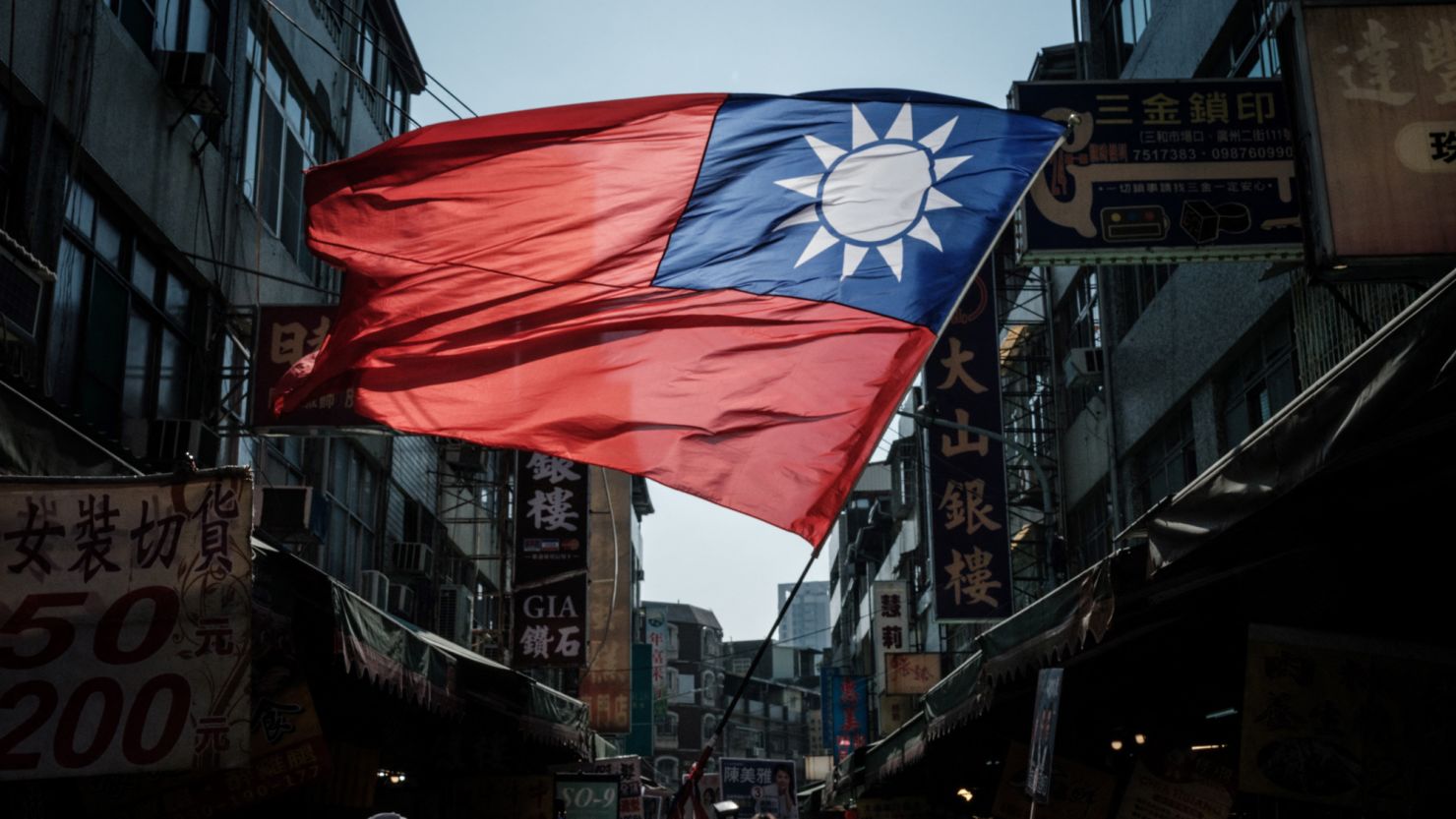
For ‘diehard’ Taiwan separatists, China threatens the death penalty
China increased pressure on “diehard” Taiwan independence separatists on Friday, threatening to execute them in severe cases despite the fact that Chinese courts have no authority over the democratically ruled island.
Since President Lai Ching-te took office last month, China, which considers Taiwan to be its own territory, has made no secret of its disapproval of him, calling him a “separatist” and holding war simulations soon after.
Since Lai won the election in January, Taiwan has complained of a pattern of increased Chinese pressure, which includes continuous military operations, trade sanctions, and coast guard patrols around Taiwan-controlled islands adjacent to China.
According to China’s state-run Xinhua news agency, the new guidelines say that the country’s courts, prosecutors, public, and state security bodies should “severely punish Taiwan independence diehards for splitting the country and inciting secession crimes in accordance with the law, and resolutely defend national sovereignty, unity, and territorial integrity”.
According to Xinhua, the instructions are being released in compliance with existing legislation, such as the 2005 anti-succession statute.
That law offers China the legal foundation for military action against Taiwan if it secedes or seems about to.
Reporters in Beijing were informed by Sun Ping, a representative of China’s Ministry of Public Security, that the death penalty was the harshest punishment for the “crime of secession”.
“The sharp sword of legal action will always hang high,” she added.
Taiwan’s Mainland Affairs Council criticized Beijing’s action on Friday and urged its citizens not to perceive China as a threat.
“The so-called laws and norms of the Chinese communists have no legal force whatsoever over our people, and the Beijing authorities have no jurisdiction whatsoever over Taiwan.” In a statement, the administration urged the people of our nation to feel secure and not to be alarmed or scared by the Chinese Communist Party.
The rules specify the offenses that are punishable by law, such as encouraging Taiwan’s admittance to international organizations where statehood is required, engaging in “external official exchanges,” and “suppressing” individuals, organizations, and parties that advocate for “reunification.”
The guidelines allow for a broad interpretation by including “other acts that seek to separate Taiwan from China” under the category of what could be considered a crime.
Lai has been rejected each time she has offered to have discussions with China. He asserts that the future belongs to the people of Taiwan.
Prior to this, China has already taken legal action against Taiwanese officials, sanctioning Hsiao Bi-khim, the vice president of Taiwan and the former de facto ambassador to the US.
Since Taiwan’s government denies Beijing’s claims to sovereignty, Chinese courts do not have jurisdiction over Taiwan, so such punishments are essentially meaningless.
Additionally, none of Taiwan’s top officials—including the president—visit China.
All Categories
Recent Posts
Tags
+13162306000
zoneyetu@yahoo.com



